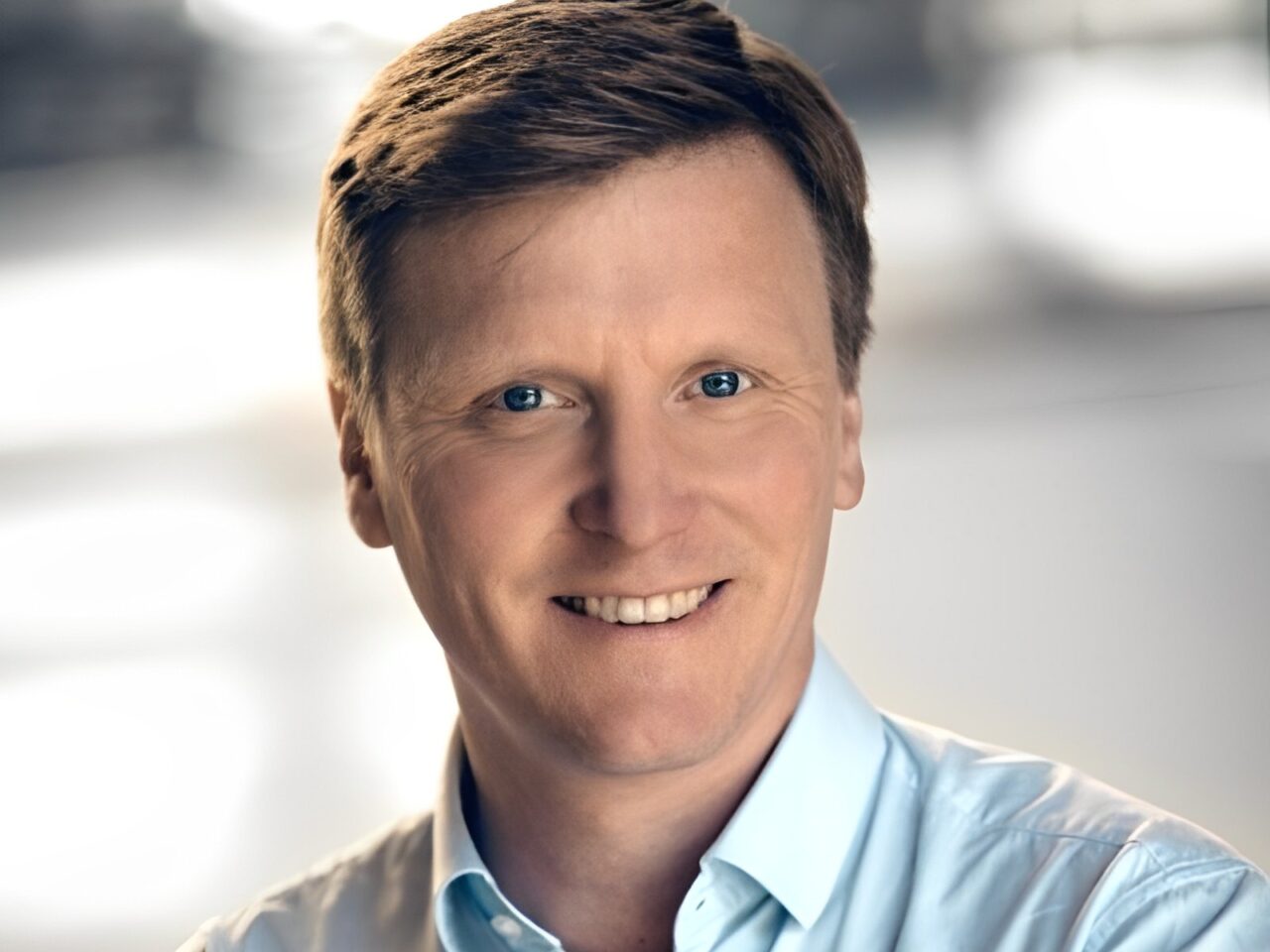
Gustaf Salford: Accelerating Innovation to Tackle the Growing Cancer Challenge
Gustaf Salford, President and CEO at Elekta, posted on LinkedIn:
“An aging population
On World Cancer Day, we are reminded of the profound impact of this disease and the urgent need to accelerate innovation. We have to ensure that more patients around the world receive better care and that scientific breakthroughs become the standard of care much faster than today.
Cancer is predicted to become the leading cause of death, surpassing cardiovascular diseases, as the global population continues to age. We also know that the number of trained clinicians will not increase at the same rate as cancer incidence, creating a significant gap that requires innovation across the entire cancer care ecosystem. As people live longer and more individuals survive cancer, we can expect a growing number of patients to be diagnosed a second or even a third time. Treatments must not only ensure survival but also improve the quality of life, and they may need to be repeated for the same patient.
The world keeps getting better
Looking back, the prospect of cancer and other non-communicable diseases becoming the leading cause of death is, in some ways, positive. This may seem like a strange remark but considering that communicable diseases were once the biggest threat, and that this is no longer the case, marks a true milestone in human history. Thanks to incredible achievements in medicines and vaccines, we no longer fear some of mankind’s worst epidemics. Further advancements in hygiene, clean water, and increased knowledge have eradicated other lethal threats, especially for children. While much remains to be done, key health indicators such as child mortality have declined by 59% over the past 50 years, according to the WHO, bringing tremendous hope for the future.
We recently experienced a pandemic that, despite all the hardships endured, demonstrated how science and healthcare, with significant contributions from the industry, could come together to invent new forms of synthetic vaccines and achieve a successful rollout in record time. Never before have we been able to counter a pandemic so quickly and effectively. The knowledge and experiences gained will set a strong precedent for the future.
Advancements in cancer care
However, as past plagues gradually fade away, cancer emerges as the next main challenge for scientific innovation. Enormous advancements have been made in the past 50 years, with overall cancer survival rates increasing from less than 50% to more than 70%. Some of the most prevalent cancer diagnoses have an almost 99% survival rate in mature markets. The inequality in access to cancer care remains one of the main global injustices, but important steps and initiatives are being taken. Enhancements in digitalization and AI capabilities will soon elevate cancer care in emerging markets, potentially even leapfrogging some mature markets along the way.
The role of technology
Technology will play a crucial role in managing the global cancer challenge. Innovation and the adoption of technology will require closer collaboration between healthcare, academia, and the industry—the triple helix—that can foster innovation, scale it, and make it available to patients. There will not be a single solution or a magic vaccine to cure cancer, but rather a broad variety of personalized treatments based on multiple combination therapies. In radiotherapy, we are now experiencing the shift to adaptive treatments, which have the potential to treat and cure cancer with minimal side effects and reduced overall treatment times, alleviating pressure on already stretched clinics. Most importantly, new adaptive treatments guided by MR in real-time will push the boundaries of what we can treat, challenging the notion of what is possible.
The need for cooperation
Moving forward, it is essential that we enhance our collaboration and establish stronger synergies, for instance between medical and radiation oncology research teams, or between the disciplines of molecular radiation therapy and external beam. By fostering integration of all areas in the cancer care eco-system more effectively – and work more seamlessly across all kinds of borders – we can not only improve patient care, but also advance treatment outcomes. A unified approach will allow us to leverage the strengths of all different fields and ultimately enhance the evolution of oncology care.
A call for accelerated action
Recently, we’ve heard the calls for more innovation and less regulation, when it comes to leveraging the opportunities presented by new technologies. Let’s hope this also spills over to our field and encourage societies to speed up processes and reduce obstacles.
My wish for World Cancer Day is that the need for effectiveness and action all around the world will facilitate this change. Cancer is real. It is not going anywhere. And it will become the leading cause of death. We have every reason to accelerate innovation and the time it takes for innovation to reach the patients.”
-
Challenging the Status Quo in Colorectal Cancer 2024
December 6-8, 2024
-
ESMO 2024 Congress
September 13-17, 2024
-
ASCO Annual Meeting
May 30 - June 4, 2024
-
Yvonne Award 2024
May 31, 2024
-
OncoThon 2024, Online
Feb. 15, 2024
-
Global Summit on War & Cancer 2023, Online
Dec. 14-16, 2023
